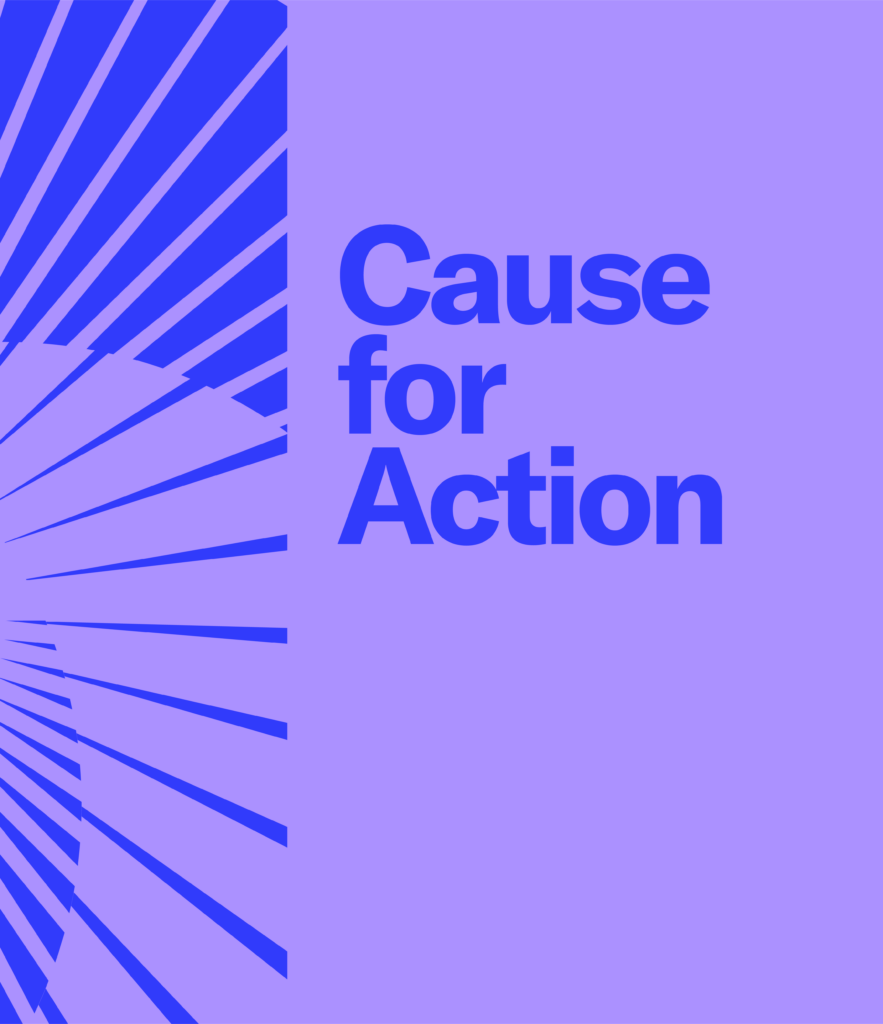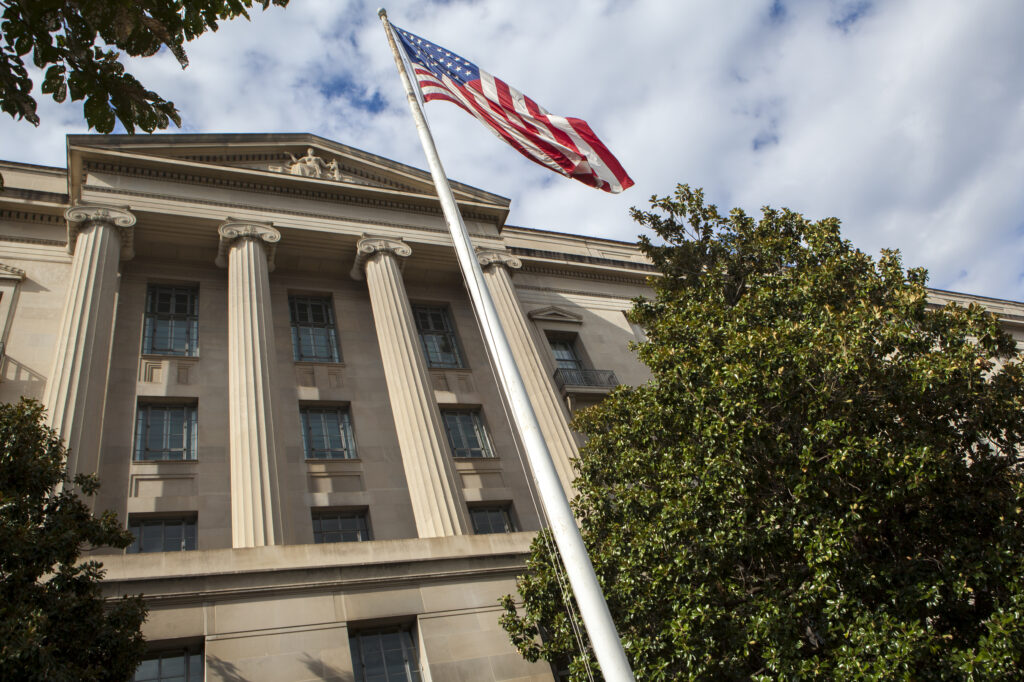In a significant moment for civil justice reform in Iowa and Kansas, two state attorneys general (AGs), Brenna Bird (Iowa), and Kris Kobach (Kansas), cut ties with Florida-based personal-injury law firm Morgan & Morgan, which had been working for their states on a contingency-fee basis. This sets a good example for other AGs who hire outside counsel to question old contingency-fee agreements and whether or not they benefit the public. The answer is likely no.
According to an editorial in the Wall Street Journal, “Mr. Kobach … fired Morgan & Morgan because its “performance was not up to what we expected,” including delays and the firm’s use of subcontractors. Ms. Bird notes that her job is to make sure contingency-fee agreements are right for the taxpayer. “Sometimes they might be, but other times they might primarily benefit out-of-state trial lawyers. That was the case here,” she says.”
Oklahoma’s attorney general Gentner Drummond also terminated a contract with the firm Whitten Burrage on February 14, stating in a letter, “While your efforts under the Contract have certainly succeeded in enriching yourselves far beyond what you deserve, those efforts have fallen far short of delivering the results that Oklahomans are entitled to receive.” According to the letter the firm will receive $34 million in fees related to the opioid settlement.
This is how contingency-fee arrangements work: state AGs hire an outside law firm to represent them in lawsuits and then pay those lawyers a percentage of any judgment or settlement from the litigation. But these arrangements can lead to ethical and conflict-of-interest problems, including plaintiffs’ lawyers inflating amounts sought in lawsuits to maximize their potential take in litigation—rather than what’s in the taxpayer’s best interest.
According to a 2013 ILR research paper, Privatizing Public Enforcement, these contingency-fee arrangements have led to “the violation of important constitutional rights of defendants, who find themselves facing lawsuits that combine the political power of the state and the financial power of deep-pocketed plaintiffs’ lawyers in the hopes of imposing substantial liability.”
There are due process implications when states hire contingency-fee lawyers. As ILR’s research shows, many defendants have challenged contingency-fee arrangements, claiming they give the outside lawyers a direct financial incentive to prolong and expand the scope of litigation. A state employee doesn’t have that same incentive because they aren’t paid more if they get a higher settlement, so they’re more inclined to act in the best interest of residents of the state.
Hiring contingency-fee lawyers should be a last resort for state AGs. If that’s the only option, then at a minimum there should be public transparency of the contracts and a cap on how much money the outside lawyers can make. State AGs should cut ties with firms that aren’t holding up their end of the bargain or aren’t working in the best interest of taxpayers.
Kudos to AG Bird and AG Kobach for taking a serious look at their arrangements and cutting ties with plaintiffs’ firms.
Stay in the loop with the latest news and subscribe to our newsletter.



